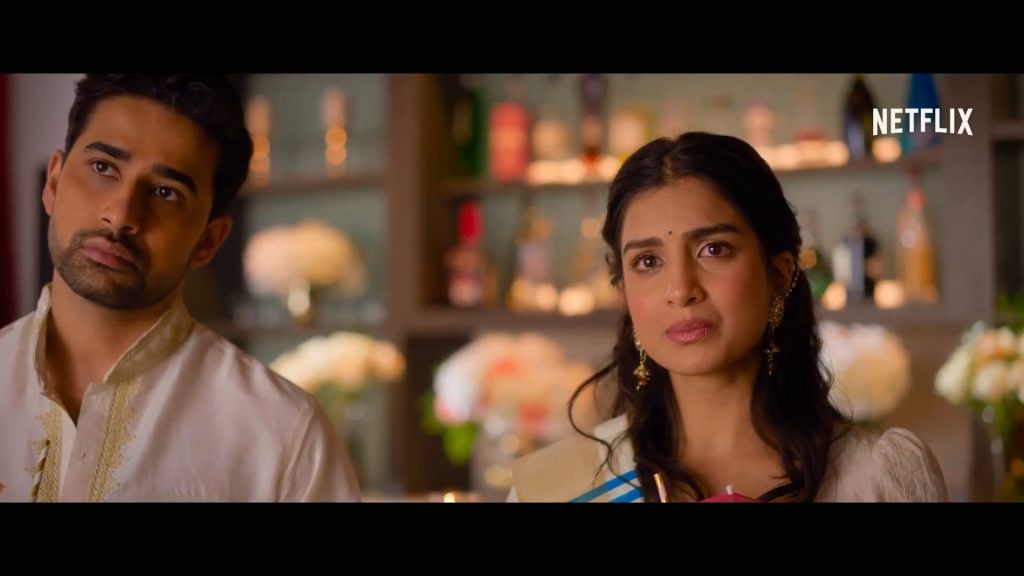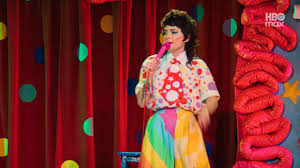Wedding Season 2022 Movie Review
Wedding Season, a lively romcom set in the Indian American community of Newark, New Jersey, has the full signature of the House of Netflix. Its plot is a blend of cliches, its set design somewhere between serviceable and cheap, its acting either solidly watchable or borderline parody. It rearranges deeply familiar tropes into easy listening. It depicts a community in the US with enough knowledge to feel grounded and respectful, but with enough frivolity and romance to cater to, naturally, the global audience. Because of or despite these things, it’s baseline enjoyable to watch, its entertainment value less in how it makes you think or feel and more in how easy it is to submit to floating along the emotional current.
Directed by Shanghai Noon’s Tom Dey and written by Shiwani Srivastava, it could be described as the Netflix series Indian Matchmaking crossed with Hulu’s Four Wedding and a Funeral remake, mixed with the Netflix hit Never Have I Ever (one of the first shows to feature the child of Indian immigrants as a quintessential American teenager, created by Mindy Kaling), and shot through with the classic romcom ploy of deceptive courtship. It is more than that sum, although composed of obvious parts.
We open with thirty something Asha (Pallavi Sharda) falling asleep on her couch surrounded by a comic amount of noodle containers, rushing late to a meeting, spending the night at her office – she’s the stubborn workaholic, secretly lonely shrew to be tamed. Asha has one foot in the mainstream American careerist world – she worked as a banker and left to be in micro-finance, the details of which are as vaguely sketched as the advertising in Emily in Paris, Netflix’s ambience TV par excellence – and one foot in the traditional Indian American world of her parents. Panicked that her daughter will be single for her younger sister Priya’s (Arianna Afsar) wedding to Nick (Sean Kleier), a white man trying embarrassingly hard to ingratiate himself to Indian Hindu traditions, Asha’s mother, Suneeta (Veena Sood), poses as Asha online and sets up a date.
Ravi, played endearingly by Suraj Sharma (Life of Pi and, more recently, Hulu’s How I Met Your Father) is, on paper, everything a parent could want: devoted son, childhood spelling bee champ, attended MIT at 16, works for a vague startup. His profile has also been orchestrated by his parents (Manoj Sood and Sonia Dhillon Tully), owners of a struggling restaurant, but he’s interested in Asha (she’s gorgeous). She says it’s never going to happen, on principle of defying burdensome parental expectations (ie happiness requires a husband). But as in Netflix’s To All The Boys I’ve Loved Before or 10 Things I Hate About You or so many romcoms in between, there’s a fake dating plan – Asha and Ravi agree to pretend to date for 14 weddings to keep the gossipy aunties and their parents’ scheming temporarily at bay.
There are various deceptions and reveals – Ravi’s on-paper resume doesn’t quite align with his IRL one, Asha has her own reasons but is not being emotionally honest – all headed in a clear happily ever after direction, all ultimately harmless. Still, it is fun to watch Ravi and Asha fall in love; Sharma can carry a whole scene with his eyes – deep pools of kindness – while Sharda thrums with the nervous energy of balancing too many competing interests. The two have a naturalistic chemistry that makes the various deceptions seem trivial and the chasteness of their romance (sex is barely implied) seem odd and anachronistic.
True to Netflix romcoms, Wedding Season strikes a visual balance between serviceable and chintzy. Dey’s directing is basically anonymous within the Netflix house style (though there is a Bollywood dance credits sequence). Scenes at Asha’s placeless office, in which her debonair boss, James (Damian Thompson), and co-worker Tina (Ruth Goodwin) pitch investors for a London HQ, resemble Emily in Paris lite. The set-up of the 14 weddings offers the costume designer, Courtney Mitchell, plenty of space to deck out the cast in an array of beautiful outfits.
The emphasis on the splendor of the weddings underscores that, beyond Never Have I Ever or the second season of Bridgerton, there are still very few American productions with majority South Asian leads. I’m a white American; I can’t say what makes for an accurate depiction of a diasporic wedding, but I can say that Wedding Season is mostly pleasant to watch; it engages with the sharp elitism of the parents and the fraught compartmentalizations of their first-gen children without getting too bogged down in stereotypes or seriousness. Which is the mandate of the genre – there will always be room for a good, breezy romcom, and the set-up of an Indian wedding is ripe for one. As churn-able Netflix content goes, Wedding Season is on the better end of the spectrum.




